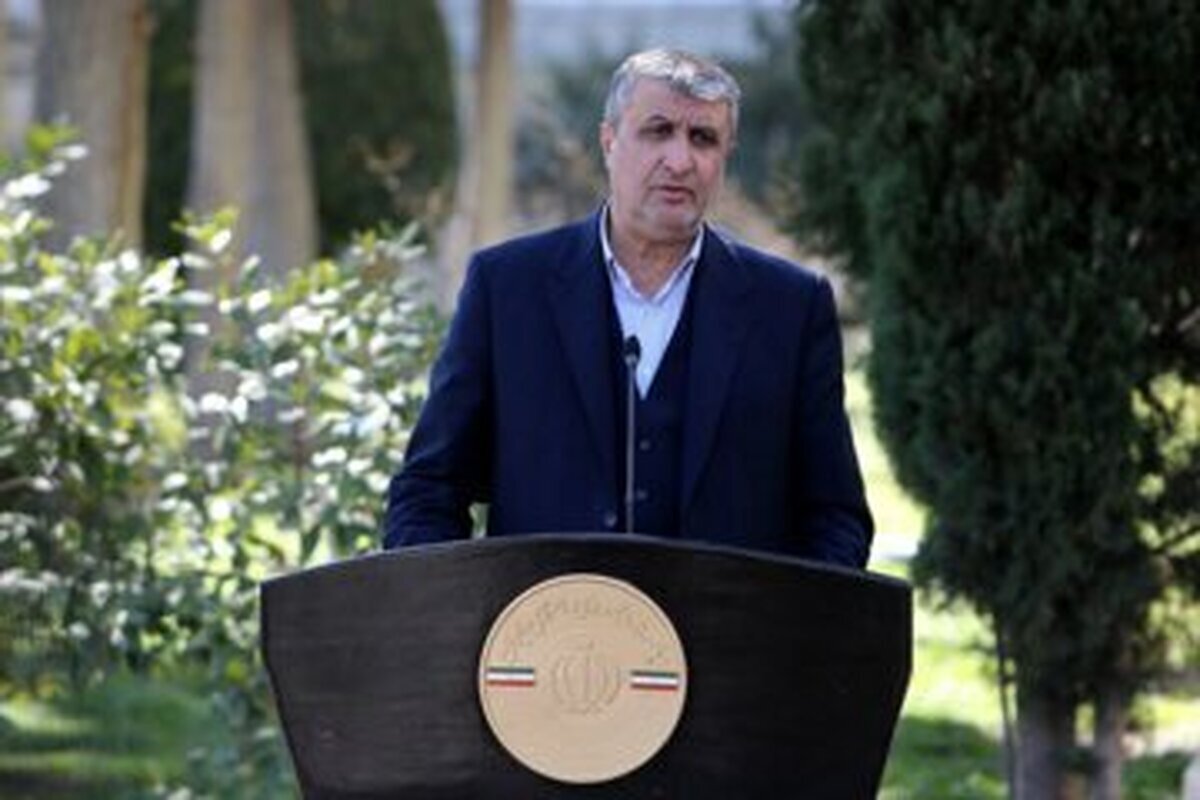IAEA inspectors regularly visit Iran’s nuclear facilities, affirms AEOI chief

TEHRAN- The head of the Atomic Energy Organization of Iran (AEOI) has emphasized the regular visits of International Atomic Energy Agency (IAEA) inspectors to Iran's nuclear facilities.
Mohammad Eslami highlighted the presence of 120 approved inspectors, some stationed within Iran while others conduct mobile inspections.
Eslami underscored the importance of these visits during a cabinet meeting on Wednesday.
He addressed assertions made by Rafael Grossi, the head of the IAEA, regarding the ambiguity of Iran's nuclear program.
Eslami differentiated between reports submitted to the Board of Governors or the UN Security Council, highlighting their dual focus on the Joint Comprehensive Plan of Action (JCPOA) and safeguards under the Treaty on the Non-Proliferation of Nuclear Weapons (NPT).
Regarding Iran's cooperation with the IAEA, Eslami emphasized the installation of surveillance cameras and continuous monitoring of nuclear activities, ensuring up-to-date information sharing. He clarified that visits by IAEA inspectors are conducted in accordance with agreed-upon programs and subjects.
Reflecting on past agreements between Grossi and the AEOI, Eslami reiterated Iran's commitment to NPT obligations and safeguards.
He emphasized that Iran rejects any nuclear activities hindering cooperation with the IAEA.
Touching upon the JCPOA, Eslami affirmed Iran's compliance with the Strategic Action Plan for lifting sanctions, stressing that nuclear activities remain within its framework.
In accordance with the Strategic Action Plan, Eslami outlined Iran's readiness to uphold its obligations if others fulfill theirs.
Addressing concerns about Iran's enrichment activities, Eslami reiterated that high enrichment does not equate to the pursuit of nuclear weapons.
In conclusion, Eslami highlighted Grossi's acknowledgment of the positive interactions between Iran and the IAEA. He expressed hope for future visits by Grossi to further strengthen cooperation and update existing arrangements between both parties.
